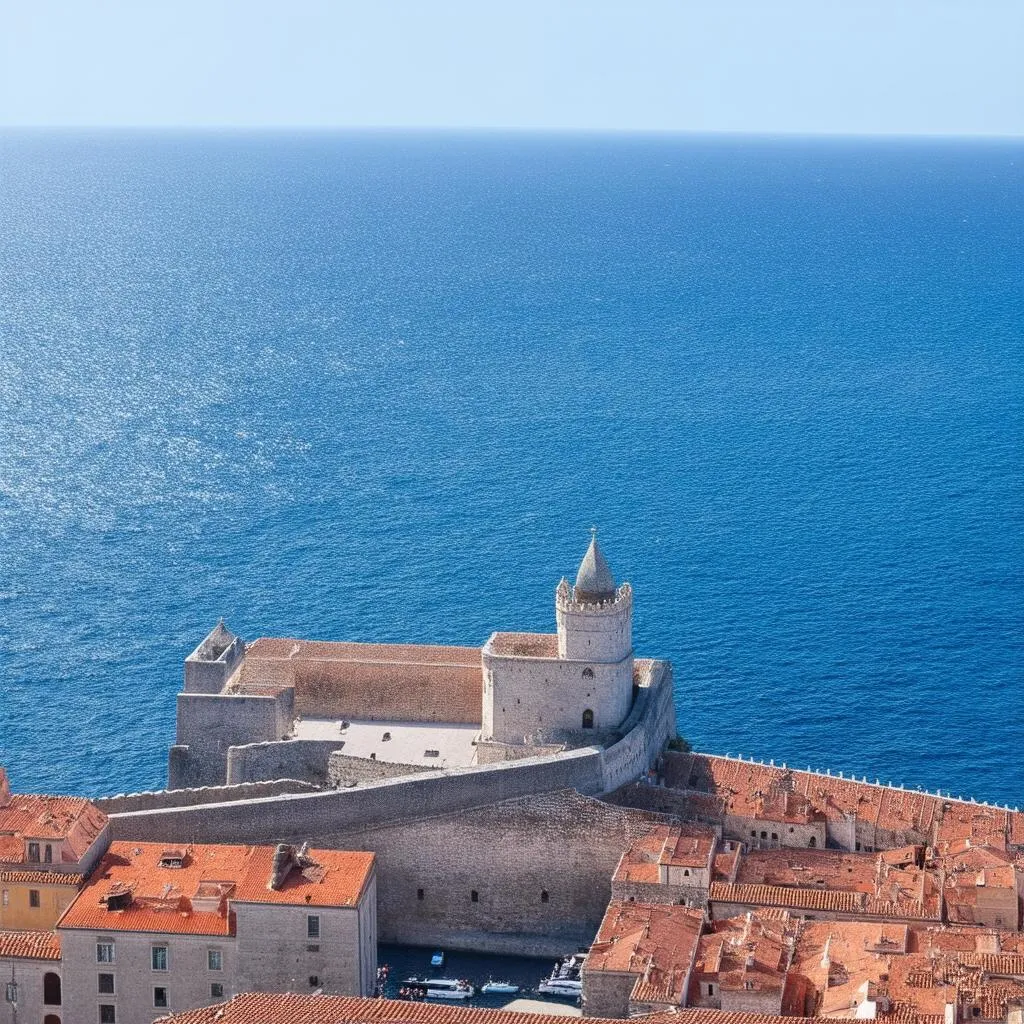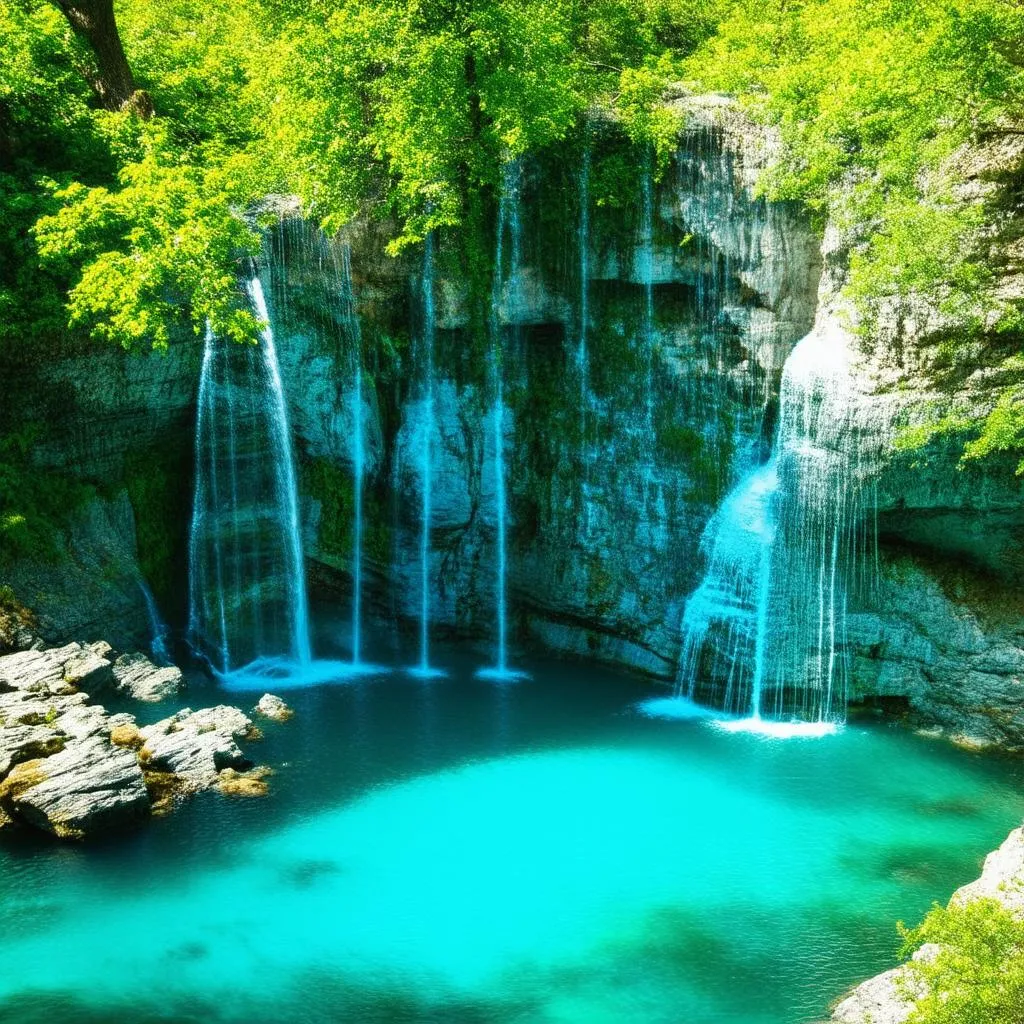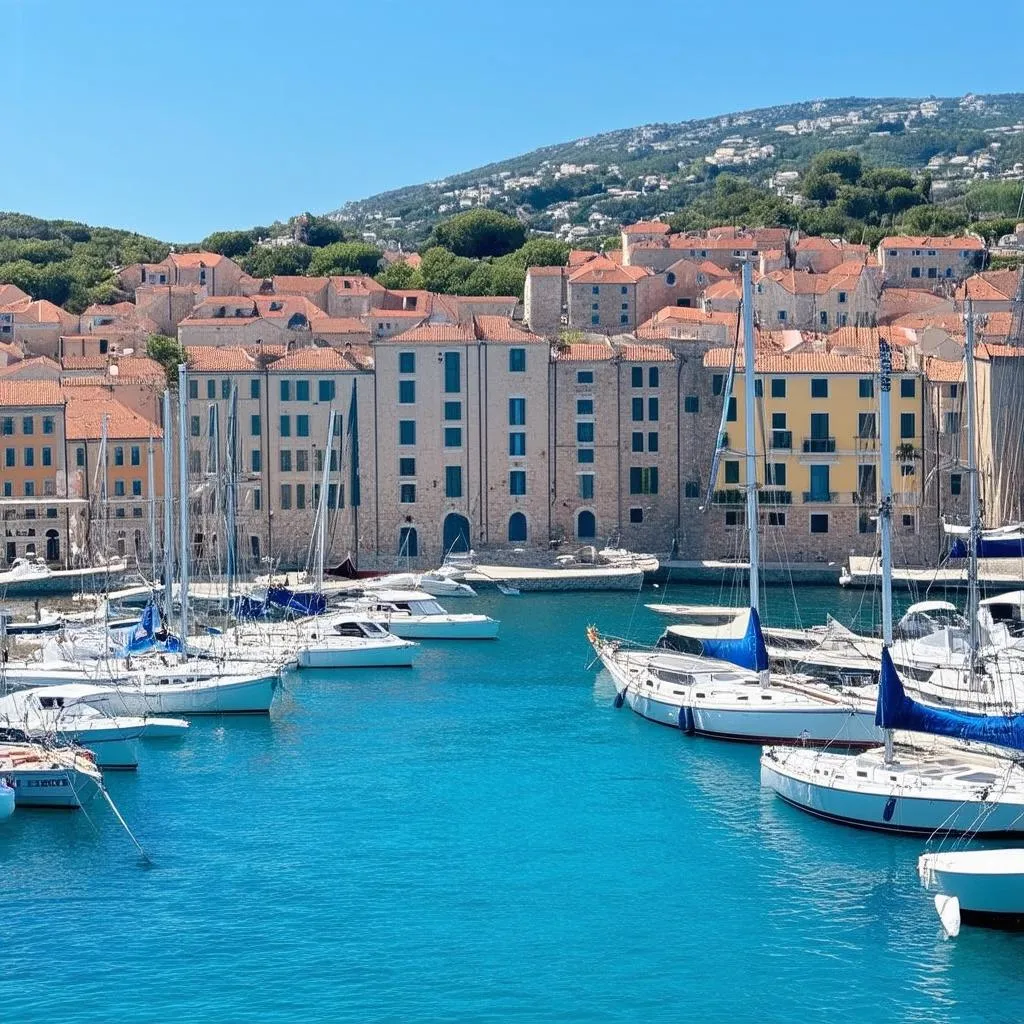Have you always dreamed of wandering through the sun-drenched streets of Dubrovnik or sailing among Croatia’s stunning islands? It’s a common travel fantasy! But before you pack your bags and grab your passport, you might be wondering, “Do I Need A Visa To Travel To Croatia?”
Visa Requirements for Croatia
The answer, like many things in travel, is: it depends!
Good News for Many: Croatia is part of the Schengen Area, a zone of 26 European countries that have abolished passport and border control at their mutual borders. If you’re a citizen of a country that enjoys visa-free travel to the Schengen Area (this includes the US, Canada, Australia, and many others), you can generally enter Croatia without a visa for up to 90 days within a 180-day period.
Check Your Specific Situation: It’s always best to double-check the specific visa requirements for your nationality on the official website of the Croatian Ministry of Foreign Affairs or consult with the nearest Croatian embassy or consulate.
Beyond 90 Days: If you’re planning an extended stay in Croatia (longer than 90 days) or intend to work or study there, you’ll need to apply for a specific visa.
Planning Your Croatian Adventure
Now that you have a clearer picture of the visa situation, let’s dive into some exciting aspects of planning your trip!
When to Go:
Croatia offers something special in every season:
- Summer (June-August): Peak season means sunshine, swimming, and bustling beaches. This is the perfect time to explore the Dalmatian Coast, from Split to Dubrovnik.
- Shoulder Season (April-May & September-October): Enjoy pleasant weather, fewer crowds, and better deals on accommodation.
- Winter (November-March): Experience a different side of Croatia, with charming Christmas markets in Zagreb and the chance to enjoy winter sports in the inland regions.
Must-See Destinations:
- Dubrovnik: This UNESCO World Heritage city will take your breath away with its ancient walls, marble streets, and stunning views of the Adriatic Sea.
- Split: Discover the Diocletian’s Palace, a remarkably preserved Roman palace that now houses shops, restaurants, and apartments.
- Plitvice Lakes National Park: Be mesmerized by the cascading waterfalls and turquoise lakes of this natural wonder.
- Hvar Town: Embrace the glamorous side of Croatia on this island paradise, known for its vibrant nightlife and celebrity sightings.
A Touch of Travel Feng Shui
Before you embark on your journey, consider incorporating some travel feng shui for a harmonious trip:
- Pack mindfully: Choose luggage in colors that resonate with your travel goals. For example, earthy tones for adventure or calming blues for relaxation.
- Set an intention: As you pack, visualize a positive and fulfilling journey.
- Bring a lucky charm: A small item from home can bring a sense of comfort and familiarity.
FAQs About Traveling to Croatia
What currency is used in Croatia?
While Croatia is part of the European Union, it uses its own currency, the Croatian Kuna (HRK).
Do I need to speak Croatian?
English is widely spoken in tourist areas. However, learning a few basic Croatian phrases will enrich your experience and impress the locals!
Can I travel from Croatia to other European countries easily?
Yes, Croatia’s location makes it an ideal starting point for exploring other European destinations. Check out our article on Can I travel from Croatia to Montenegro? for inspiration.
Travelcar.edu.vn: Your Gateway to Croatian Adventures
At travelcar.edu.vn, we’re passionate about helping you plan your dream trip to Croatia. Whether you’re seeking visa information, travel tips, or inspiration for your itinerary, we’re here to guide you every step of the way. Start planning your unforgettable Croatian adventure today!
 Dubrovnik City Walls
Dubrovnik City Walls
 Plitvice Lakes Waterfalls
Plitvice Lakes Waterfalls
 Hvar Town Harbor
Hvar Town Harbor